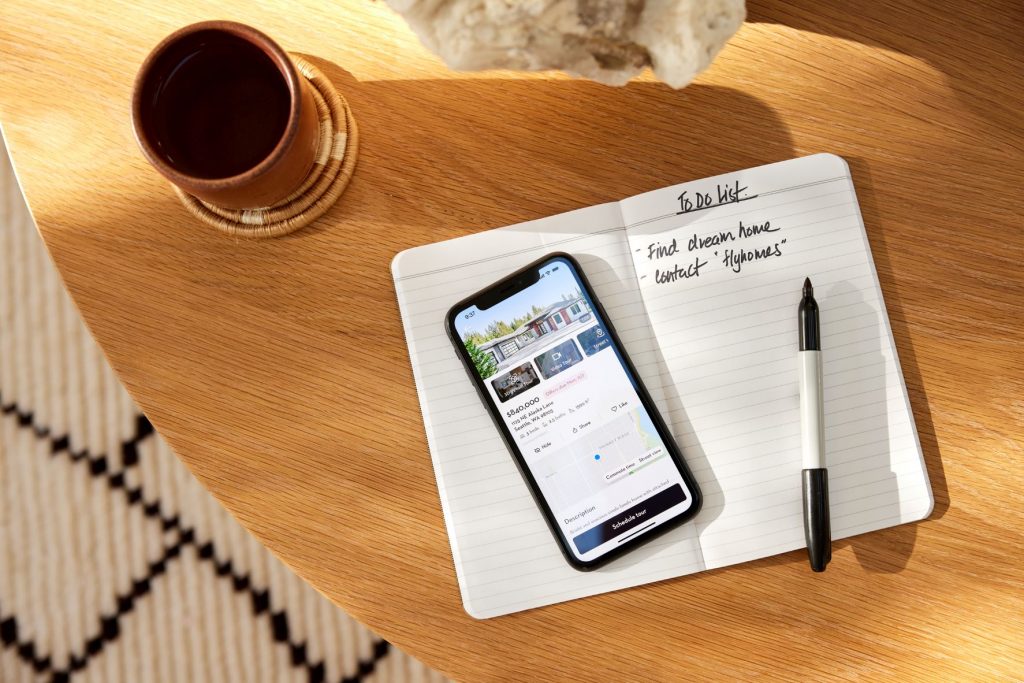If you’re looking to purchase a home later this year, you’re probably pondering your financial health. Are you ready to take a closer look? If the idea of a financial check-up feels daunting, trust us, you’re not alone. But don’t worry, we’ve got you covered with a list of 10 areas to cover for a complete picture of your finances.
Before we dive in, keep in mind that the information you need may vary slightly from the list we’ve provided. The most important thing is to gather what’s relevant to you in each of these 10 areas. Let’s get started!
1) Income
This is the money coming into your account every month, so it’s a good place to start. Gather your current bank deposit, recent pay stubs, and last year’s W-2 or 1040 and Schedule C (for the self-employed). This information will help you compare your income to your expenses.
2) Bank statements
Take a look at your most recent checking and savings account statements. This information will help you track your emergency fund and long-term savings.
- Most recent savings statement
- Most recent checking statement
3) Monthly expenses
This is where the rubber meets the road. Understanding your monthly expenses is crucial for your financial check-up. Make a list of all your regular payments, including mortgage/rent, insurance, loans, utilities, entertainment, groceries, and gas.
- Mortgage or rent payments
- Expenses for dependents (children, parents, pets)
- Insurance premiums (health and health savings account, auto, life)
- Loans (student, auto, other)
- Debit/credit card statements
- Retirement savings
- Utility bills (water, power, internet, cable, subscription streaming services, phone)
- Recurring payments (gym, autopay items, apps, memberships, charitable donations)
- Entertainment (restaurants and takeout, events, shopping)
- Groceries
- Gas
4) Extra financial accounts
There’s a chance you have hidden pockets of money in these accounts, like Venmo, PayPal, Zelle, etc. Checking these accounts can also help you track some of your entertainment expenses.
- Balances in Venmo, PayPal, Zelle, Apple Pay, Google Pay, Stripe, etc
5) Debt
Knowing your debt load is important for your overall financial picture. Gather information about your mortgage balance, credit card balance, loans, and overdraft/late fees.
- Mortgage balance
- Credit card balance
- Loans (student, auto, other)
- Overdraft or late fees incurred
6) Retirement and Investment Accounts
It’s time to check if you’re on track with your retirement goals and if your investments are performing as expected. Look at your 401k, IRA, stock portfolios, real estate investments, and pension statement.
- 401k or Solo 401k statement
- Roth or Traditional IRA statement
- Stock statements
- Real estate or company investments
- Pension statement
7) Credit score
Your credit score can affect your loan interest rate and eligibility, so it’s worth checking. You can get your credit score from a bank or a service like Credit Karma, Credit Sesame, or Mint
8) Insurance Policies
This is a good opportunity to compare your current insurance policies to competitors and see if you can save money. Gather information about your health, auto, life, disability, homeowners/renters, valuable property, and business insurance policies.
- Health
- Auto
- Life
- Disability
- Homeowners or renters
- Valuable property
- Business
9) Tax Returns
Use last year’s tax return to estimate this year’s taxes or refund. You can also create a mock tax return to see what to expect and find new deductions.
- Last year’s tax return
- Mock tax return estimate
10) Things you can sell
Finally, it’s time to think about what items you can sell to boost your savings. Make a list of items you’re willing to part with, especially those you pay to keep.
- Make a list of things you can sell
We’re here for you!
